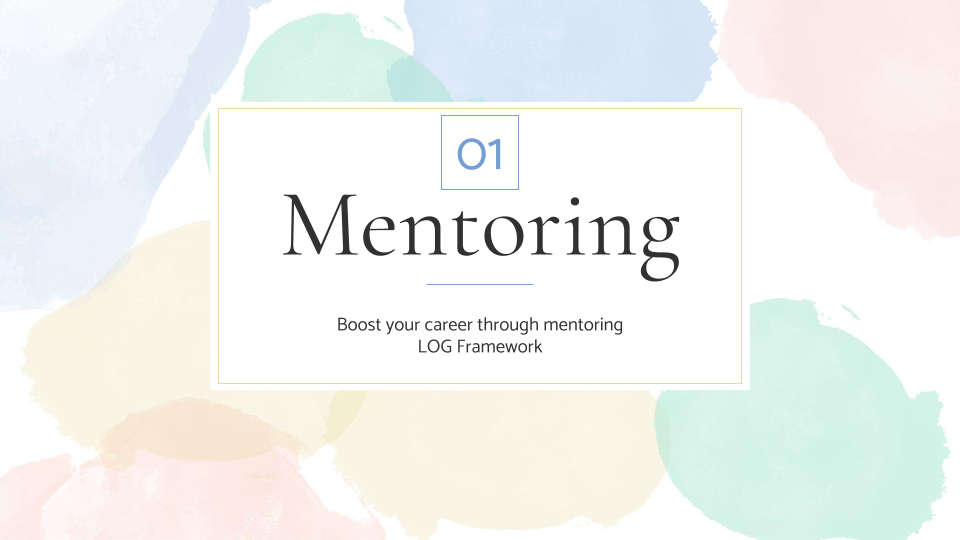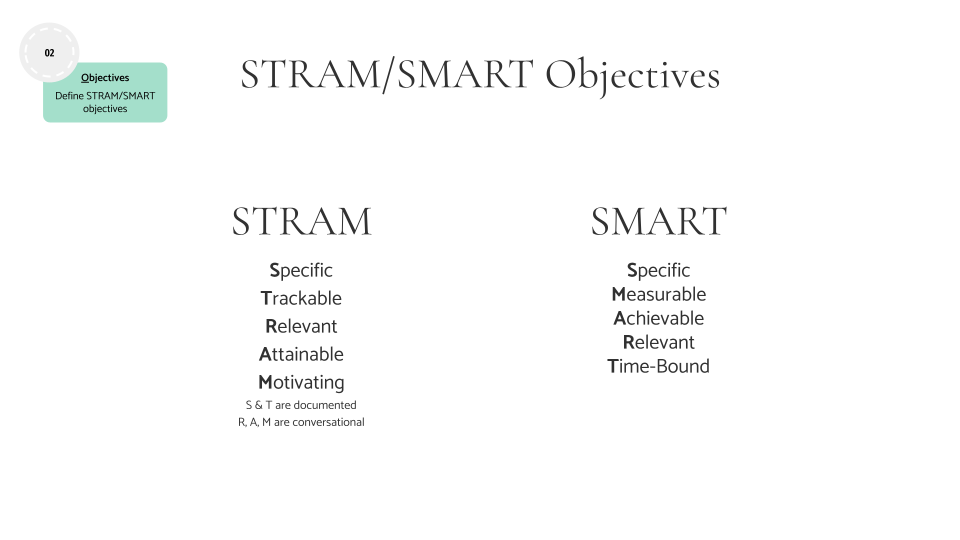Based on research, mentoring has a powerful positive impact on an individual’s professional growth and is no longer a “nice to have”. It’s essential for teams and organisations that want to thrive within a post-pandemic world. I truly believe that everyone has something to share and everyone has something to learn. Each person can maximize their potential by gaining knowledge, confidence, and skills through access to a mentoring experience.
In this series of articles, I would like to cover more about the power of mentoring and the major advantages of being a mentor and mentee. I will share practical ideas about how to be a wonderful mentor and mentee and how to use mentoring to achieve your objectives. As a bonus 🎁, I will share insights about how to build and run a successful mentoring program in your organisation.
Table of contents:
🚀 What is Mentoring
🚀 Mentor vs Sponsor vs Coach
🚀 Mentoring – Code of Conduct
🚀 The LOG Framework
🚀 Conclusion
🚀 What is Mentoring
I discovered the power of mentoring 6 or 7 years ago and I continue to be amazed about the benefits I got as a mentee, but also as a mentor.
Mentoring for me was about guidance, insights, and networking. The support I received from my mentors has not only helped me navigate challenges but has also accelerated my professional development.
Mentoring was and continues to be a powerful career growth tool. I also became a mentor because I realized that I want to give back and have a positive impact on my mentees’ professional life and not only.
As I see it, mentoring is a two-way street relationship between a mentor and a mentee who are sharing skills, knowledge, experiences, and feedback. It is also about building trust, and confidence and having access to an extended network.
Mentoring has been shown to have numerous positive impacts on individuals and organizations. Here are some facts backed by research:
- According to a study by Deloitte, 63% of millennials say their leadership skills are not being fully developed, and those intending to stay with their organization for more than five years are twice as likely to have a mentor (68%) than not (32%).
- A survey by Heidrick & Struggles found that 78% of CEOs consider mentoring crucial to their career development.
- Research by Sun Microsystems found that both mentors and mentees were approximately 20% more likely to get a raise than people who did not participate in the mentoring program.
- A study by The Mentoring Effect found that young adults who were at risk for falling off track but had a mentor were 55% more likely to enroll in college than those who did not have a mentor.
- A Gartner Study found that 25% of employees who enrolled in a mentoring program had a salary-grade change, compared to only 5% of workers who did not participate.
🚀 Mentor vs Sponsor vs Coach
Mentors advise you and sponsors advocate for you. Mentoring (directive) is instructing and telling. Coaching (non-directive) is the reflection and raising awareness.
The perfect trio for your career growth: have at least one mentor, one sponsor, and one coach.
🚀 Mentoring – Code of Conduct
Beliefs
- We are different and our diversity creates valuable perspectives
- We have our own answers, yet get in our own way
- My experience is a gift, not a directive
- Relationships are conversations
Practices
- Fully present: no phones, computers, or other electronic distractions
- Clean communication: we commit to speak authentically and succinctly
- Positive emotional engagement: suspend judgment and negativity
- Absolute confidentiality: “What is said here, stays here”.
For a mentoring relationship to succeed, both the mentor and the mentee should share similar principles and values. Early establishment of these can prevent potential conflicts, ensuring the relationship remains effective.
For a strong connection, both parties need to understand each other’s strengths, weaknesses, and relationship goals.
The foundation of their interactions should be based on values such as integrity, respect, openness, trust, and active listening. Face-to-face conversations, when possible, are also beneficial as they can offer a deeper understanding of a person’s intentions through nonverbal cues.
For a successful mentoring relationship, both mentor and mentee should define their roles and responsibilities clearly, and establish guidelines for collaboration. Implement the plan. A well-crafted plan is useless without action.
Set a clear agenda for meetings and ensure everyone is prepared for productive discussions. Remain open to each other’s ideas, collaborate to brainstorm, identify potential challenges, and determine necessary actions. Establish a timeline for implementation, review, knowledge sharing, and deciding on the next steps.
For a mentor, it’s crucial to adopt a positive approach when working with a mentee. Follow these strategies when collaborating with your mentee:
- Appreciate mentees even when they make small progress
- Use candor and share critical feedback. Do not ignore even if it’s small
- Criticise the behavior and the choices. Do not ever criticise the person
- Encourage them to do more, better
🚀 The LOG Framework
The common challenges mentors and mentees encounter are related to missing expectations/objectives/structure, lack of time management, and lack of feedback.
To overcome these challenges I built a simple framework that could be easily applied. This is called LOG – Logistics, Objectives, Growth.
1️⃣ Logistics is about defining answers for the following questions (it is like defining a contract):
- Who will prepare the agenda for each session?
- How long will the session take?
- How often will the sessions be organized?
- What should happen with the session if the mentor or the mentee cannot join?
- How should feedback be given and how often should it occur?
- Where will the agenda and follow-up items be kept?
2️⃣ Objectives – At the start of the mentoring sessions, the mentor and the mentee should set and agree on the expectations or objectives to be achieved by the end of the mentoring experience.
The objectives could be set by using the STRAM or SMART approach.
3️⃣ Growth – when talking about growth is about following up, tracking, and evaluating the progress progress on each objective or expectation decided at the beginning of the program and it is helpful to evaluate also the process. Questions to consider:
- On a scale from 1 to 10, how helpful are the sessions? What should be done to improve the usefulness of these sessions?
- How about the resources? Are they relevant?
- How about the recurrence of the sessions: are happening too often, are too long or too short?
- Where are we in terms of achieving the objectives? What should we focus on next?
- What should we keep, bring, and stop doing from the mentoring experience?
Take notes and model curiosity by using powerful questions
- What is the opportunity here?
- What is the challenge?
- How does this fit with your plans/way of life/values?
- What are the possibilities?
- What will happen if you do, and what will happen if you don’t?
- If you are saying YES to this, what are you saying NO to?
- If the same thing came up again, what would you do?
- What was the lesson?
- What is your desired outcome?
- How will you know when you have reached the objective?
🚀 Conclusion
In conclusion, finding time for mentoring is an investment that pays off in the long run. It’s not just about giving and receiving advice, but about nurturing a two-way relationship that promotes growth, learning, and mutual respect. Whether you’re a mentor or a mentee, the time you invest in mentoring is time well spent, contributing to personal development, career advancement, and the broadening of perspectives. Embrace mentoring and unlock the potential it holds for your professional journey.






